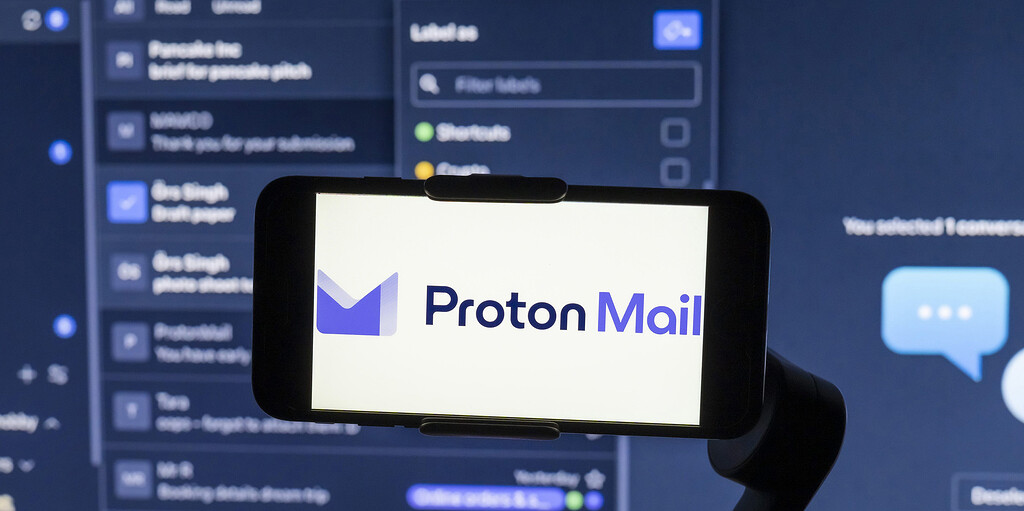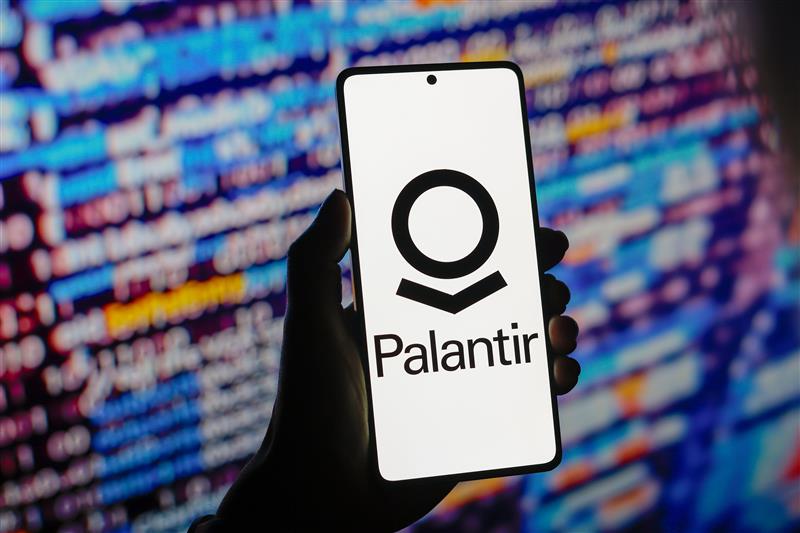Proton’s Lumo AI chatbot: not end-to-end encrypted, not open source
-
Yes lol. Nobody is going to want to open that link.
You still think it's sketchy?
I've explained that it's perfectly normal, that it's just someone who wants to use Unicode in their domain name (in this case because they probably speak a non-ascii based language), and most good web clients should be showing that link as the Unicode characters. Firefox for example shows that as the proper Unicode directly.
It literally is just a way for non-english speakers to have a domain name in their native language.
-
This post did not contain any content.
Proton is shifting as mainstream company. AI craps, false misleading advertising.
-
You still think it's sketchy?
I've explained that it's perfectly normal, that it's just someone who wants to use Unicode in their domain name (in this case because they probably speak a non-ascii based language), and most good web clients should be showing that link as the Unicode characters. Firefox for example shows that as the proper Unicode directly.
It literally is just a way for non-english speakers to have a domain name in their native language.
People are usually aware enough to know that seeing Unicode characters in a URL looks wrong even if they don’t know why. Pair that with Punycode’s reputation for being abused by malicious actors and some clients not even showing the Unicode, and you have a link few are going to want to click on.
It’s not that I don’t understand what you’re saying I was just commenting on the fact that nobody is going to want to click that link.
-
Proton is shifting as mainstream company. AI craps, false misleading advertising.
And a MAGA CEO

The Intercept: Proton Mail Says It’s “Politically Neutral” While Praising Republican Party
Here’s an excerpt: Proton, the company behind the eponymous email provider Proton Mail, has won itself a loyal fanbase of dissidents, investigative journalists, and others skeptical of the prying eyes of government or …

Privacy Guides Community (discuss.privacyguides.net)
-
Yeah but you don't open source the LLM, you open source the training code and the weights and the specs/architecture
what do you think an LLM is? once you've opened the weights, IMO it's pretty open. Once they open the training data, that's pretty damn open. What do you want a gitian reproducible build?
-
Okay but are any AI chatbots really open source? Isn't half the headache with LLMs the fact that there comes a point where it's basically impossible for even the authors to decode the tangled madness of their machine learning?
Yes, several are fully open source. I like Mistral
-
No chance anyone’s clicking on that link
How about this one

The Intercept: Proton Mail Says It’s “Politically Neutral” While Praising Republican Party
Here’s an excerpt: Proton, the company behind the eponymous email provider Proton Mail, has won itself a loyal fanbase of dissidents, investigative journalists, and others skeptical of the prying eyes of government or …

Privacy Guides Community (discuss.privacyguides.net)
-
What they're saying is that you said that the bubble has kinda already popped because (insert description of the middle of the dot com bubble here when smaller companies began to join in). Based on that, the bubble hasn't popped at all, small companies are just able to buy in as well before the collapse hits.
It's like the Internet in 1998
Pets.com hasn't gone but yet, but it will.
The bubble will burst. BUT ... the entire world will run on this new technology, nobody will imagine living without it, and multibillion dollar companies will profit and be created from it
-
How about this one

The Intercept: Proton Mail Says It’s “Politically Neutral” While Praising Republican Party
Here’s an excerpt: Proton, the company behind the eponymous email provider Proton Mail, has won itself a loyal fanbase of dissidents, investigative journalists, and others skeptical of the prying eyes of government or …

Privacy Guides Community (discuss.privacyguides.net)
Better URL, sensationalist post that doesn’t mean a whole lot
-
Ok yeah thats a far cry from Proton actually “Having your unencrypted emails on their servers” as if they’re not encrypted at rest.
See my other reply. There is no way to retrieve your mail using IMAP on a regular client if they're encrypted on the server. And Gmail can retrieve your mails from proton using IMAP. It's even in their own (proton's) documentation.
Agreed.
Really, if someone wants to use an LLM, the right place to run it is in a sandbox locally on your own computer
Anything else is just a stupid architecture. You don't run your Second Brain on Someone Else's Computer
-
Is it like crypto where cpus were good and then gpus and then FPGAs then ASICs? Or is this different?
Wildly different, though similar in that ASIC was tuned to specific crypto tasks, everyones making custom silicon for neural nets and such.
I wouldn't plan on it going away. Apple put optimized neural net chips in their last phone. Same with Samsung.
-
And a MAGA CEO

The Intercept: Proton Mail Says It’s “Politically Neutral” While Praising Republican Party
Here’s an excerpt: Proton, the company behind the eponymous email provider Proton Mail, has won itself a loyal fanbase of dissidents, investigative journalists, and others skeptical of the prying eyes of government or …

Privacy Guides Community (discuss.privacyguides.net)
Welp, it's time to move the entirety of all of my accounts to another email provider. Again. Ugh.
-
Welp, it's time to move the entirety of all of my accounts to another email provider. Again. Ugh.
Ditto. But I am taking my time. I am on the free tier; I cost him money. I'll move off eventually probably to Tutanota unless something better shows up
-
This post did not contain any content.
I knew I made the right decision when I picked tutanota over proton.
-
-
-
-
UK police working with controversial tech giant Palantir on real-time surveillance network
Technology 1
1
-
-
The Current System of Online Advertising has Been Ruled Illegal by The Belgian Court of Appeal. Advertising itself is Still Allowed, but not in a Way That Secretly Tracks Everyone’s Behavior.
Technology 1
1
-
-





